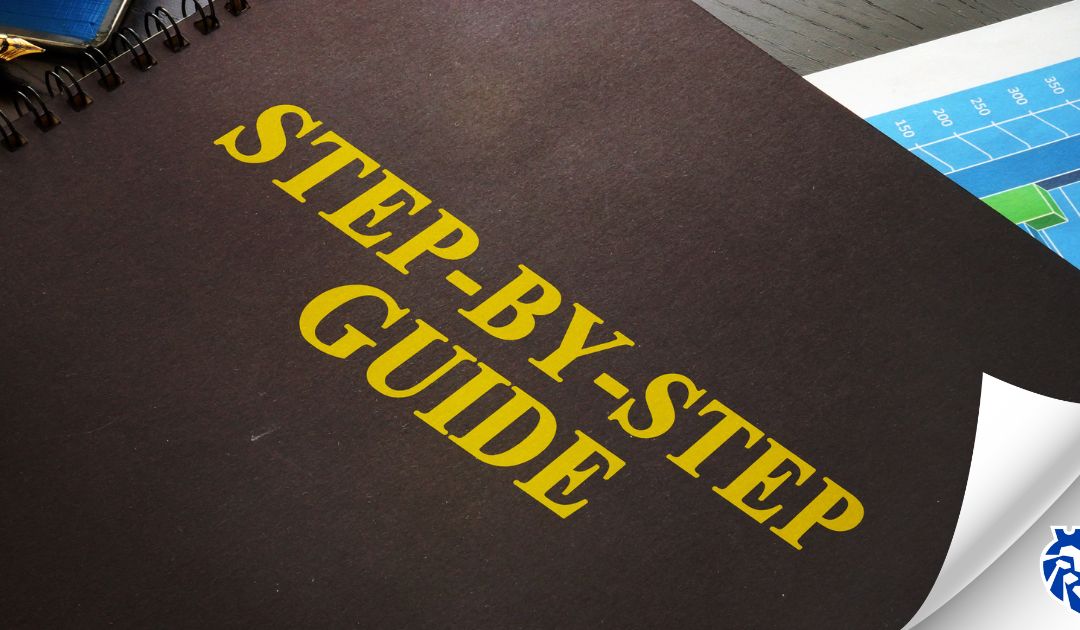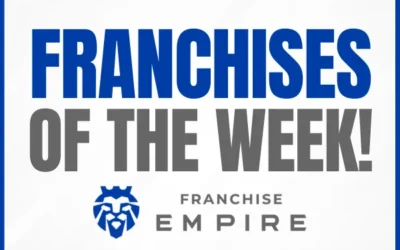Table of Contents
Franchise Resales: A Step-by-Step Guide
Resale businesses can be a great way to purchase a business that is already generating revenue—and ideally, profits. Essentially, you’re buying an established business with sales, employees, and systems in place. While this offers many advantages, it’s not all sunshine and rainbows. Let’s dive into the key aspects of buying a franchise resale.
Why Do People Sell?
Think about why you’ve sold something you valued, like a house or a car. Life events and goals often trigger change. Here are some common reasons franchise owners decide to sell:
-
Relocation
-
Health issues
-
Retirement
-
Burnout or loss of interest
-
Financial struggles
-
Lack of entrepreneurial skills
-
Stress from business operations
Understanding the seller’s motivations can help you evaluate the opportunity and potential challenges.
Steps to Buying a Franchise Re-sale
1. Search
Start by searching and filtering opportunities based on criteria that matter to you, such as:
-
Industry
-
Cash flow
-
Asking price
2. Inquiry
Place an inquiry on the listing website to request more information about the business.
3. Sign an NDA
You’ll receive a Non-Disclosure Agreement (NDA) or Confidentiality Agreement. Signing this document is essential to access detailed information about the business.
4. Review P&L Statements
Obtain the last three years of Profit and Loss (P&L) statements and any informational packets provided by the business broker or seller. Ensure these documents give you a full understanding of the financial health of the business.
5. Make an Offer
If the financials look solid, you can make an offer. This is your opportunity to negotiate terms, including price and contingencies.
6. Engage Escrow Services
Find an escrow company experienced in business sales (asset transactions). Here’s why escrow is crucial:
-
They conduct a search for debts or liens (UCC liens) under the business name.
-
They securely hold the deposit for the purchase.
-
If the deal falls through, the escrow company manages the return of funds.
Note: Buyer and seller typically split escrow fees.
7. Perform Due Diligence
During escrow, you’ll typically have 10-30 days to review:
-
Bank statements
-
Tax returns
-
Lease transfer approvals (if applicable)
This is your contingency period, allowing you to back out of the deal if any red flags arise. Ensure that this clause is included in your agreement.
8. Secure Funding
Work on finalizing your funding options during escrow. Options may include:
-
SBA loans
-
Personal savings
-
Investment partnerships
9. Closing
Once due diligence is complete, finalize the transaction through escrow. After closing, you’re officially the owner of the franchise resale business!
Final Thoughts
Buying a franchise resale can be a smart way to step into business ownership with a proven system already in place. However, it’s critical to follow these steps to ensure you’re making an informed decision. From reviewing financials to securing escrow services, every stage plays a vital role in the success of your investment.
Interested in exploring more franchise opportunities? Check out our guide to 5 Low-Cost Franchises That Make $1,000,000 and discover how to maximize your investment potential!
Watch My Video Below:
Here are 5 Low Cost Franchises that make $1,000,000 (Backed by Data)
Subscribe to the Franchise Empire Newsletter for the latest Franchise news & updates
Pet Services opportunity & HVAC franchise making 20 Million in Sales*
Hey Empire Builders, Welcome to this week’s Franchise Empire Newsletter, where we share specific franchise opportunities that we think are...
Franchise showing $613,000 of EBITDA* AND Recession Resistant Resale with Very Strong Brand
Hey Empire Builders, Welcome to this week’s Franchise Empire Newsletter, where we share specific franchise opportunities that we think are...
Crazy weird Franchise Opportunity & $1.8M Resale*
Hey Empire Builders, Welcome to this week’s Franchise Empire Newsletter, where we share specific franchise opportunities that we think are...
Service Franchise showing owner doing over $11M in Sales!*
Hey Empire Builders, Welcome to this week’s Franchise Empire Newsletter, where we share specific franchise opportunities that we think are...
Low Cost Franchise with Recurring Revenue & Resale with Manager in place
Hey Empire Builders, Welcome to this week’s Franchise Empire Newsletter, where we share specific franchise opportunities that we think are...
Franchise with Median sales of $4.9M (Top Franchisee did $33Million!)*
Hey Empire Builders, Welcome to this week’s Franchise Empire Newsletter, where we share specific franchise opportunities that we think are...


